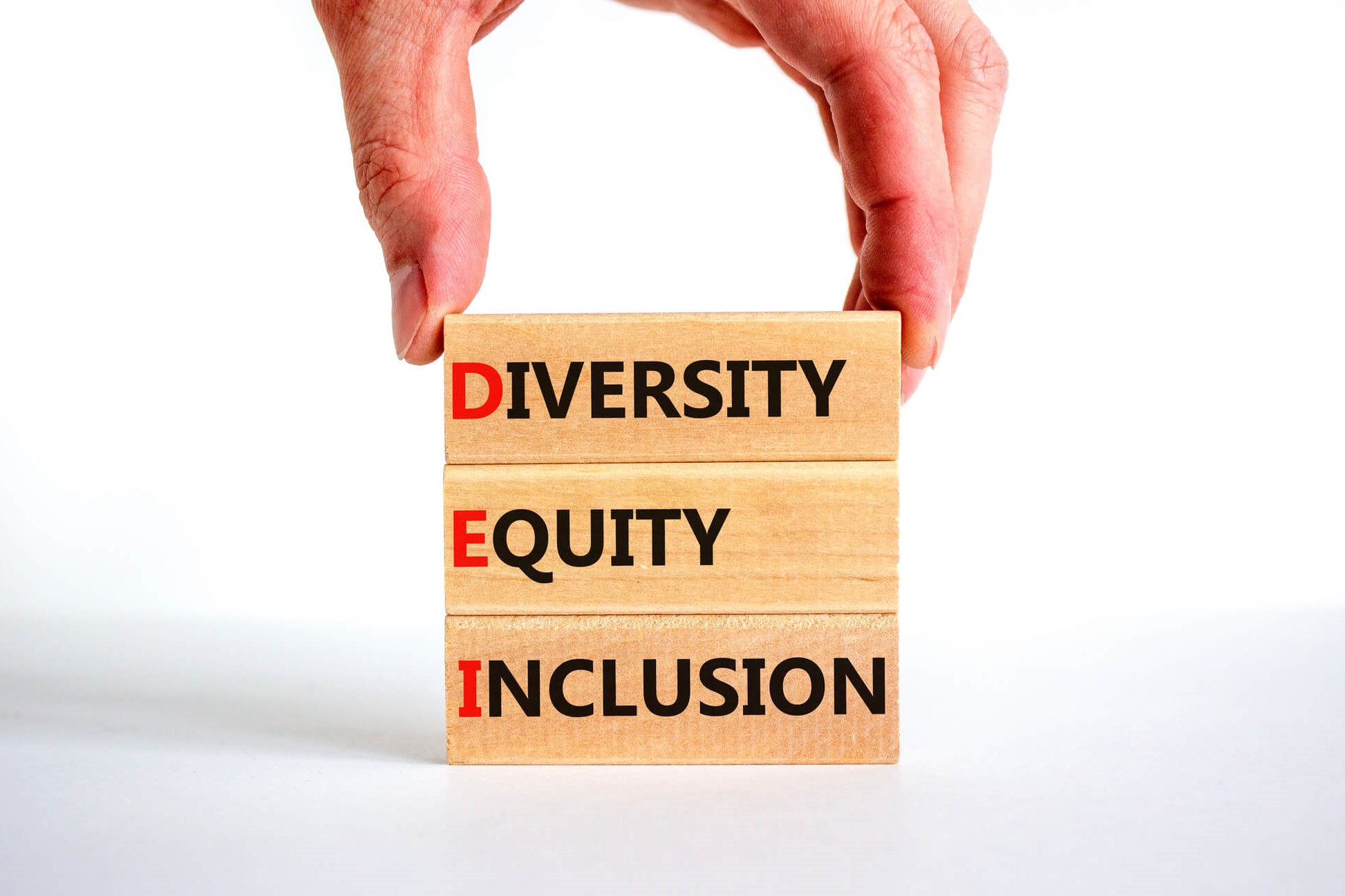
Last Updated: 23 Jan 2025 Why Is DEI Being Demonized in the United States?
Recently, many high-profile companies in the U.S., including Walmart, Meta, Disney, Target, and Ford, have publicly scaled back or rebranded their Diversity, Equity, and Inclusion (DEI) programs. These moves came in response to mounting political and cultural pressures from activist groups and media outlets. Some companies have even dropped the term “DEI” altogether, reframing their efforts as “belonging” or “culture initiatives” to distance themselves from the backlash.
Why are U.S. organizations retreating from principles that aim to create fair and inclusive workplaces?
To understand the controversy, it’s important to clarify what DEI programs actually entail. DEI initiatives encompass a range of strategies aimed at creating fair and inclusive workplaces. These can include training programs designed to increase awareness of unconscious bias, mentorship programs for underrepresented groups, changes to hiring and promotion practices to diversify leadership, and employee resource groups (ERGs) that foster community and support. Contrary to some misconceptions, most DEI programs do not involve strict quotas or mandated outcomes; instead, they aim to address systemic barriers and inequities.
Proponents of DEI argue that these initiatives help level the playing field for historically disadvantaged groups while also driving business success. Research consistently shows that diverse teams outperform homogeneous ones in creativity, decision-making, and innovation. Additionally, studies show that inclusive workplaces have higher employee satisfaction and retention rates.
So why has DEI become a target for criticism? At the heart of the controversy is the perception—fueled by critics—that DEI equates to promoting women or minorities without regard to merit. This has led to public figures like Vice President Kamala Harris being dismissively labeled as a “DEI hire,” with detractors suggesting her achievements are solely due to identity-based selection rather than competence. Similarly, whenever challenges arise within organizations, such as declining performance or missteps in leadership, some on the political right are quick to blame DEI policies as the root cause. While these claims are unfounded and often ignore the complexities of organizational dynamics, they have gained traction among many Americans, shaping a narrative that casts DEI as a scapegoat for broader societal and economic anxieties, particularly on the part of white males.
The ongoing debate reveals the deep fault lines in American society, where diversity remains both a strength and a source of tension.
Meanwhile, many companies including Costco, Microsoft, and JPMorgan Chase have responded by clearly explaining why DEI is important and why they will not be scaling back their DEI efforts. So the supposed “rollback” of corporate DEI efforts is by no means across-the-board.

